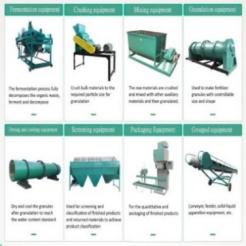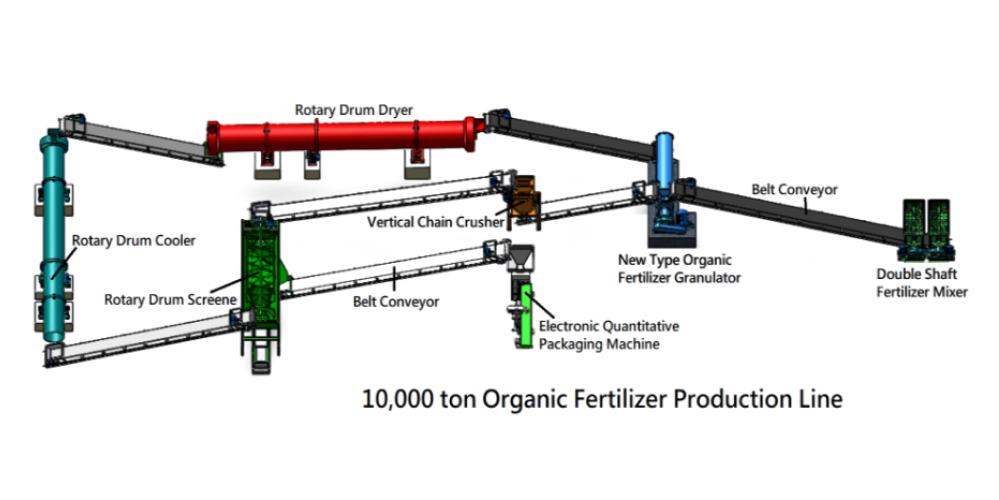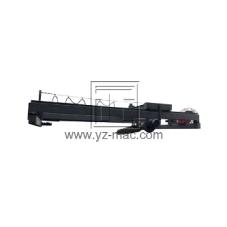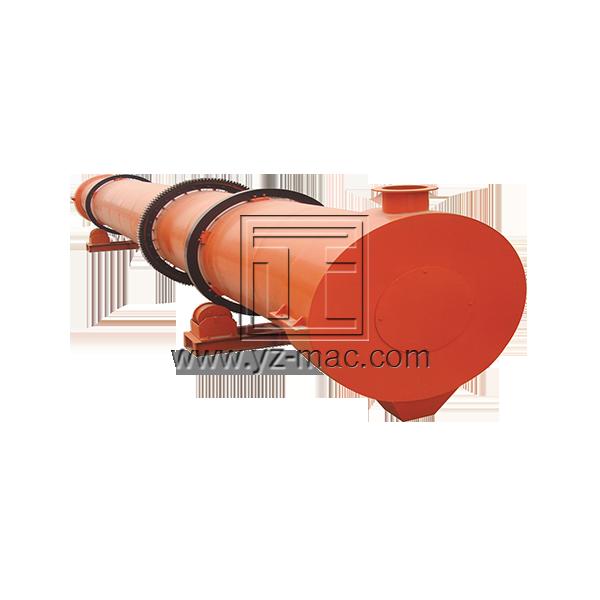Large scale composting equipment
Large-scale composting is a critical component of sustainable waste management systems, enabling the efficient conversion of organic waste into nutrient-rich compost. To meet the demands of high-volume composting operations, specialized equipment is required.
Importance of Large-Scale Composting Equipment:
Large-scale composting equipment is designed to handle significant volumes of organic waste, making it an essential tool in waste management infrastructure. With the ability to process substantial quantities of waste materials efficiently, this equipment plays a pivotal role in diverting organic waste from landfills and promoting environmental sustainability.
Key Features of Large-Scale Composting Equipment:
High Capacity: Large-scale composting equipment is designed to handle large quantities of organic waste, offering high processing capacity to meet the demands of commercial composting operations, municipal waste management facilities, and industrial composting sites.
Robust Construction: These machines are built to withstand heavy-duty usage. They are constructed with durable materials, such as high-grade steel, to ensure longevity, resistance to wear and tear, and efficient operation over an extended period.
Efficient Mixing and Turning: Large-scale composting equipment is equipped with powerful mixing and turning mechanisms that ensure thorough aeration and homogenous mixing of organic waste materials. This promotes the decomposition process and helps maintain optimal composting conditions.
Automated Controls: Advanced large-scale composting equipment often features automated controls, allowing for precise monitoring and adjustment of key parameters, such as temperature, moisture levels, and turning frequency. This automation enhances process efficiency and reduces manual intervention.
Odor Control Systems: To mitigate potential odor issues associated with large-scale composting, specialized equipment incorporates odor control systems. These systems utilize filters, biofilters, or other techniques to minimize odors and ensure a pleasant working environment.
Benefits of Large-Scale Composting Equipment:
Waste Diversion: Large-scale composting equipment enables the diversion of organic waste from landfills, reducing greenhouse gas emissions and environmental pollution. It facilitates the transformation of waste into valuable compost that can be used to enrich soils and support sustainable agriculture practices.
Resource Recovery: Through large-scale composting, valuable resources, such as nutrients and organic matter, are recovered from organic waste. The resulting compost can be used to improve soil health, enhance crop productivity, and reduce the need for synthetic fertilizers.
Cost Efficiency: Investing in large-scale composting equipment offers long-term cost savings for waste management operations. By diverting organic waste from landfills, waste disposal costs are reduced, and the produced compost can generate additional revenue or be used on-site for landscaping or agricultural purposes.
Environmental Sustainability: Large-scale composting equipment supports environmental sustainability by reducing the reliance on chemical fertilizers, conserving natural resources, and contributing to the circular economy. It promotes the responsible management of organic waste and contributes to a cleaner, healthier environment.
Large-scale composting equipment plays a pivotal role in streamlining sustainable waste management practices. With high processing capacity, robust construction, efficient mixing and turning mechanisms, automated controls, and odor control systems, this equipment enables the diversion of organic waste, resource recovery, cost efficiency, and environmental sustainability.







